Keywords: Jesuit
There are more than 200 results, only the first 200 are displayed here.
-
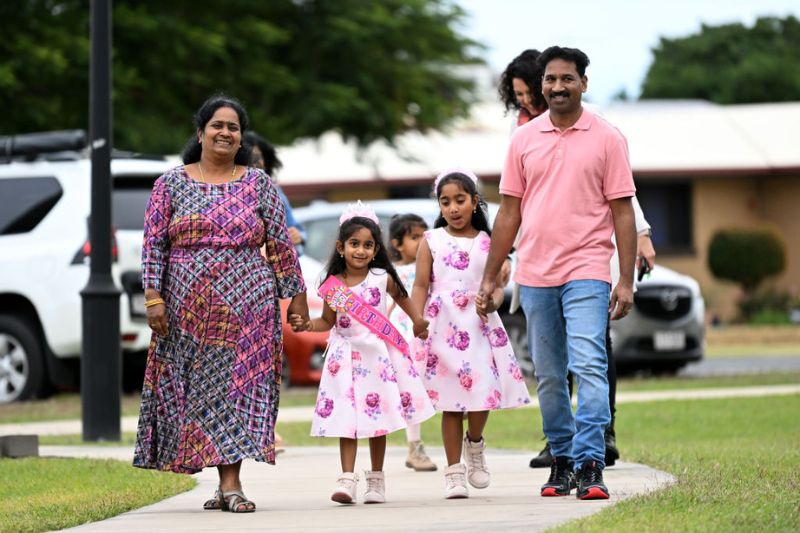
AUSTRALIA
- David Halliday, Michael McVeigh, Laura Kings, Michele Frankeni, Andrew Hamilton, Julian Butler
- 21 December 2022
2 Comments
To close the year for Eureka Street, the editorial team wanted to nominate who we considered to be the Eureka Street ‘person of the year’ based on who we think somehow embody Eureka Street values.
READ MORE 
-
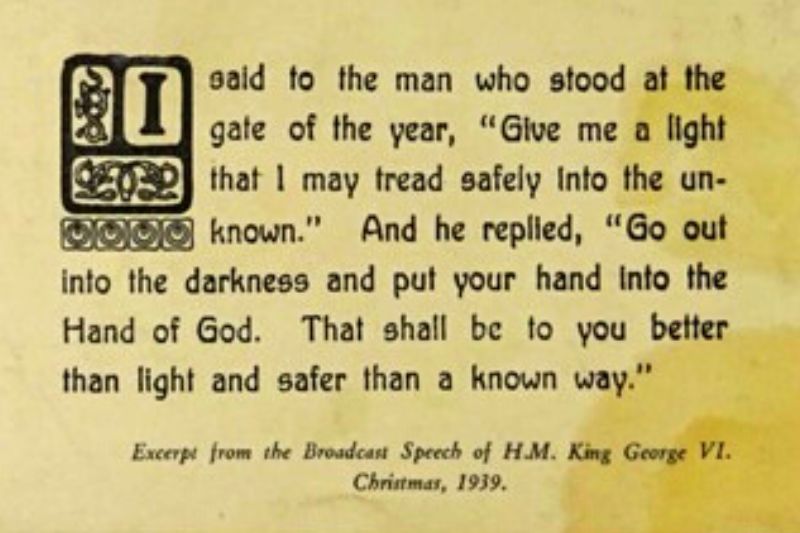
AUSTRALIA
- Andrew Hamilton
- 21 December 2022
4 Comments
In 1939, King George VI gave an encouraging Christmas address, speaking after the Declaration of War on the Nazis. The future was uncertain, with no assurance of survival. In Australia we do not face the same immediate threat, but we do share the same uncertainty.
READ MORE 
-

AUSTRALIA
- Andrew Hamilton
- 12 December 2022
Parks are gifts, not only of nature but of people who have recognised how important they are for good human living and have guarded them. Recent generations have been less generous in providing parks and in protecting them from encroachment. At a time when the survival of the earth as we know it depends on our treasuring the beauty and delicacy of the natural world, such neglect is disrespectful.
READ MORE 
-

INFORMATION
Society of Jesus in Victoria–Jesuit Communications Christmas Raffle 2022. Raffle drawn on Wednesday 7 December 2022. 1ST PRIZE WINNER Ticket Number: #2352 from Croydon Park, NSW 2ND PRIZE WINNER Ticket Number: #907 from Bellbowrie, QLD 3RD PRIZE WINNER Ticket Number: #5773 from Deepdene, VIC 4TH PRIZE WINNER Ticket Number: #3713 from Kiama, NSW. All winners have been notified. Congratulations to the winners and thank you to everyone who supported our Christmas raffle.
READ MORE 
-
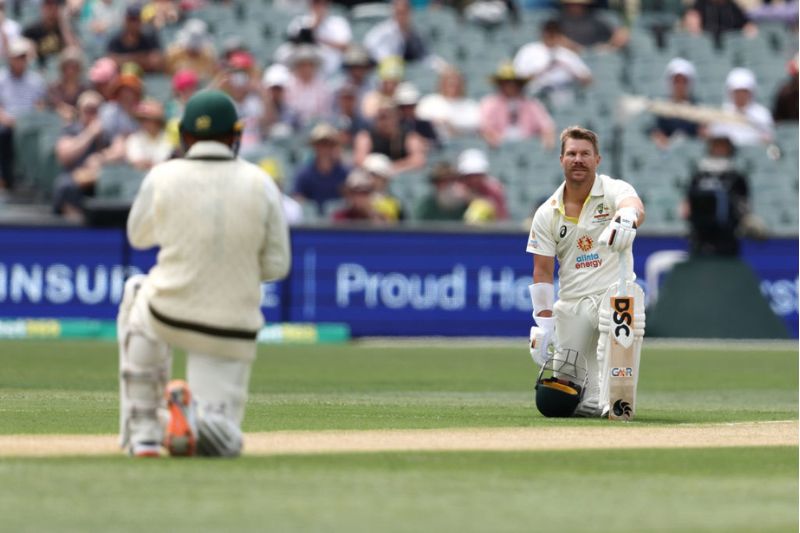
AUSTRALIA
- Andrew Hamilton
- 08 December 2022
Once protests would have found expression in powerfully argued and persuasively delivered speeches. Now people look less to the power and skill of the words and more to the gestures in which they are embodied. This precedence given to performative language over deliberative language deserves reflection.
READ MORE 
-

AUSTRALIA
- Michael McVeigh
- 05 December 2022
1 Comment
I certainly don’t blame anyone for ignoring or boycotting the World Cup; there are plenty of reasons for doing so. But despite efforts of people behind the scenes to focus attention solely on the pitch, if you do pay attention, there are human stories on display, worth your time.
READ MORE 
-
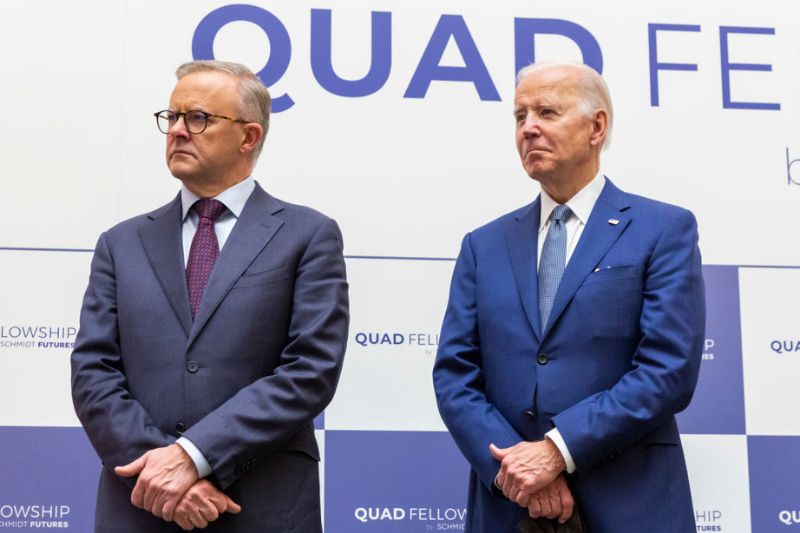
AUSTRALIA
- Andrew Hamilton
- 01 December 2022
4 Comments
Emotional intelligence is one of those terms that is hard to define. They take their meaning from people whom we think certainly possess it and those whom we think certainly lack it. In the aftermath of the Victorian election we might also ask whether it matters if political leaders have emotional intelligence or not. Will it help them win elections or contribute to their defeat?
READ MORE 
-

AUSTRALIA
- Andrew Hamilton
- 24 November 2022
6 Comments
This year's International Day for the Elimination of Violence against Women is particularly significant because it follows shortly after the release of the National Plan to End Violence against Women and Children, a ten year project to eliminate violence against women in a generation. Of course, large initial hopes may be disappointed, but the implementation of plans is always the most difficult challenge.
READ MORE 
-

AUSTRALIA
- Julian Butler
- 21 November 2022
If democracy relies on a shared commitment to reaching consensus, to making accommodations even as, and precisely because, I hold things dearly, sacredly, then contempt necessarily corrodes democracy. Others stop being moral agents whom I must value and seek to share public space with. How do we overcome this corrosive element in our common life?
READ MORE 
-

ARTS AND CULTURE
- Andrew Hamilton
- 17 November 2022
2 Comments
Paulie had a childlike delight in taking the mickey out of everything and everyone and acting outrageously. The stories of the Painters and Dockers’ engagement with their equally wild audiences and the public, full of hilarious encounters, display the same innocence and the same sublimated rage. If it was his brother Tony’s death that set him on his madcap journey, Paulie has shaped his own life as a monument for Tony more durable than marble.
READ MORE 
-
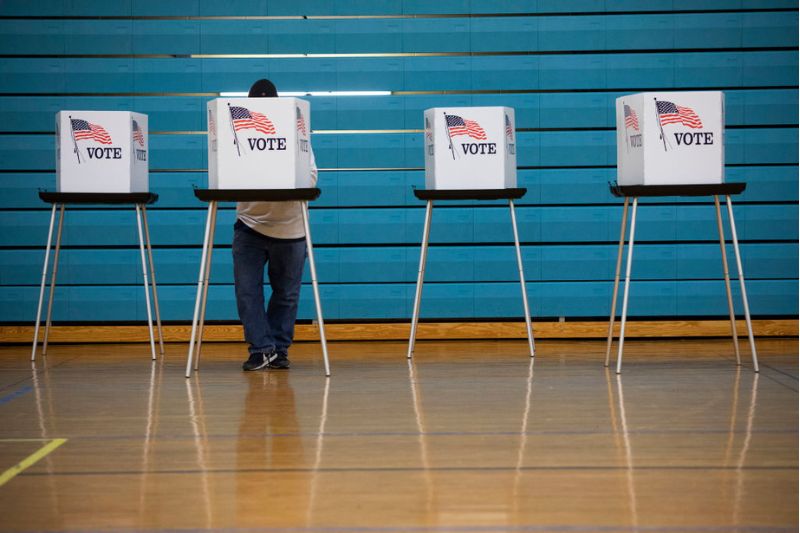
INTERNATIONAL
- Jim McDermott
- 15 November 2022
5 Comments
In recent weeks it had become a foregone conclusion that the Democrats were going to post big losses in the midterms; it’s just the way American politics seems to work. The party in power loses seats halfway through a term. What are we to make of the fact that that didn’t happen, or that we didn’t see anything the protests and violence that ensued after the 2020 election?
READ MORE 
-

ARTS AND CULTURE
- Andrew Hamilton
- 11 November 2022
3 Comments
In Justice in Kelly Country, author Lachlan Strahan writes on the life of his great-great-grandfather, a policeman whose career stretched over thirty years. When a significant part of that story is intermeshed with such a fiercely contested story as Ned Kelly’s, telling it introduces the further complexities of the writer’s sympathies and judgments.
READ MORE 